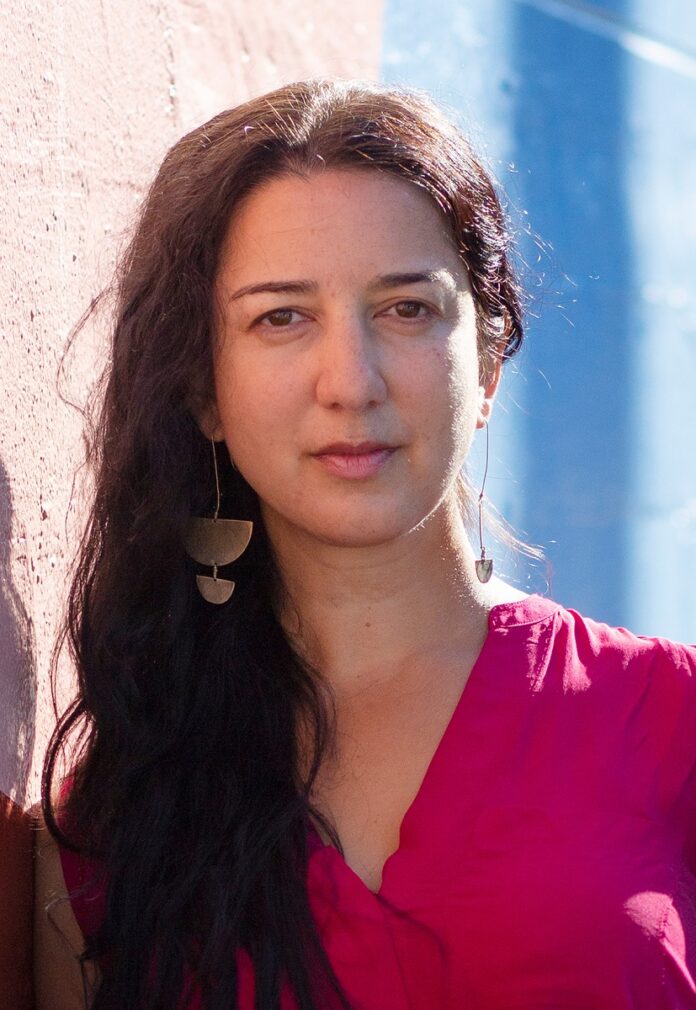BRITISH Columbia’s first public human rights inquiry will examine the disturbing surge of hate in the pandemic, Human Rights Commissioner Kasari Govender announced on Wednesday.
BC’s Office of the Human Rights Commissioner (BCOHRC) has been monitoring hate incidents as part of our core strategic priority work on hate and white supremacy. Since early 2020, there has been a significant increase in reported hate-related incidents in B.C., highlighting an urgent need for an Inquiry into Hate in the Pandemic.
“It is critical for all of us to be better prepared to prevent and respond to hate during global health, economic and social crises to protect our human rights during turbulent times,” Govender said.
The intent of the inquiry is to examine hate in all its forms: not only racism and racial hate, but also hate directed at groups protected under B.C.’s Human Rights Code. For example, hate perpetuated on the basis of religion, gender identity, disability, Indigeneity, sexual orientation, poverty or homelessness.
According to BC’s Office of the Human Rights Commissioner, a public inquiry is an official review of major events or issues to establish facts and make recommendations for change. It is an opportunity to delve deeply into the human rights implications of a particular incident or issue, to gather factual and expert evidence, to hear directly from people impacted through witness statements or surveys and to make recommendations to address the human rights issues raised. An inquiry is not a court of law and cannot make legal findings of guilt or liability or compel governments to accept inquiry recommendations.
This inquiry will take the form of a year-long investigation, and is the first conducted by an independent human rights commissioner in B.C.
Inquiry submissions open this fall
Due to the challenging nature of the inquiry topic, BC’s Office of the Human Rights Commissioner will not hold open public hearings. Instead, it will solicit expert and public testimony virtually to protect privacy and embed trauma informed practices. The office will inform the public on how they can participate in the inquiry later this fall once the submission period formally opens.
In preparing the inquiry and the Terms of Reference, the office consulted 23 community groups with important insights into hate. With their input, it decided to focus its investigation on what has caused an apparent rise in hate incidents in B.C. during the pandemic, what kinds of hate individuals and communities have experienced, how we can address, eliminate or prevent hate in times of crisis and how well our institutions, policies and laws have responded.
“Many of us are uncomfortable acknowledging hate because we want to think of our country as a peaceful, respectful place. The truth is that hate is here, and it is growing,” Govender said. “Fear and ignorance underlie much of the rise of hate and white supremacy in B.C. Combating hate in all its forms requires addressing fear, systemic inequality and ignorance through an evidence-based approach to change.”
At the close of the Inquiry, the Commissioner will release a final report with recommendations to address, prevent and manage outbreaks of hate during times of social upheaval now, during the COVID-19 pandemic and in future.
Trauma-informed inquiry process
BC’s Office of the Human Rights Commissioner said it recognizes that the topic of hate, while critical to examine, is an extremely challenging subject, and that asking people to share their experiences of hate may be re-traumatizing. To mitigate harms, the Inquiry will follow BCOHRC’s guiding principles by being accessible, inclusive and fair, prioritizing culturally safe practices and centering testimony of people with lived experience.
The office intends to protect participants through its use of trauma informed approaches to witness support and evidence gathering. This is critical to the Inquiry’s success and consistent with the office’s principles of being trauma-informed and decolonizing.
In recognition of the sensitive nature of this material, the office urged media to consider placing warnings on Inquiry news that includes disturbing stories of hate and to direct the public to community mental health supports at: hateinquiry.bchumanrights.ca/support











